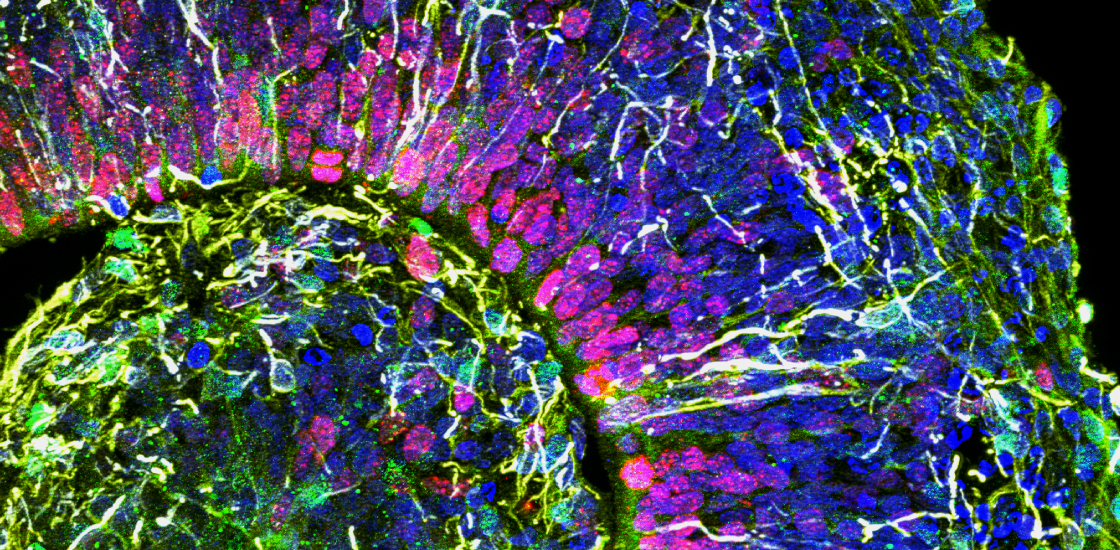Alysson Muotri is professor of pediatrics and of cellular and molecular medicine at the University of California, San Diego. He also co-directs the Stem Cell Program at the university’s Moores Cancer Center.

Alysson Muotri
Associate professor
University of California, San Diego
From this contributor
With tweaks, brains in a dish may yield clear clues to autism
‘Mini-brains’ created in a dish may reveal autism’s roots and point to treatments, but they do not yet mirror some critical features of a human brain.

With tweaks, brains in a dish may yield clear clues to autism
Questions for Alysson Muotri: Applying autism tools to Zika
Mini-brains grown from stem cells in culture can reveal the effects of both autism and the Zika virus on early development.

Questions for Alysson Muotri: Applying autism tools to Zika
Explore more from The Transmitter
New connectomes fly beyond the brain
Researchers are mapping the neurons in Drosophila’s ventral nerve cord, where the central nervous system meets the rest of the body.

New connectomes fly beyond the brain
Researchers are mapping the neurons in Drosophila’s ventral nerve cord, where the central nervous system meets the rest of the body.
Building an autism research registry: Q&A with Tony Charman
A purpose-built database of participants who have shared genomic and behavioral data could give clinical trials a boost, Charman says.

Building an autism research registry: Q&A with Tony Charman
A purpose-built database of participants who have shared genomic and behavioral data could give clinical trials a boost, Charman says.
Cerebellar circuit may convert expected pain relief into real thing
The newly identified circuit taps into the brain’s opioid system to provide a top-down form of pain relief.

Cerebellar circuit may convert expected pain relief into real thing
The newly identified circuit taps into the brain’s opioid system to provide a top-down form of pain relief.